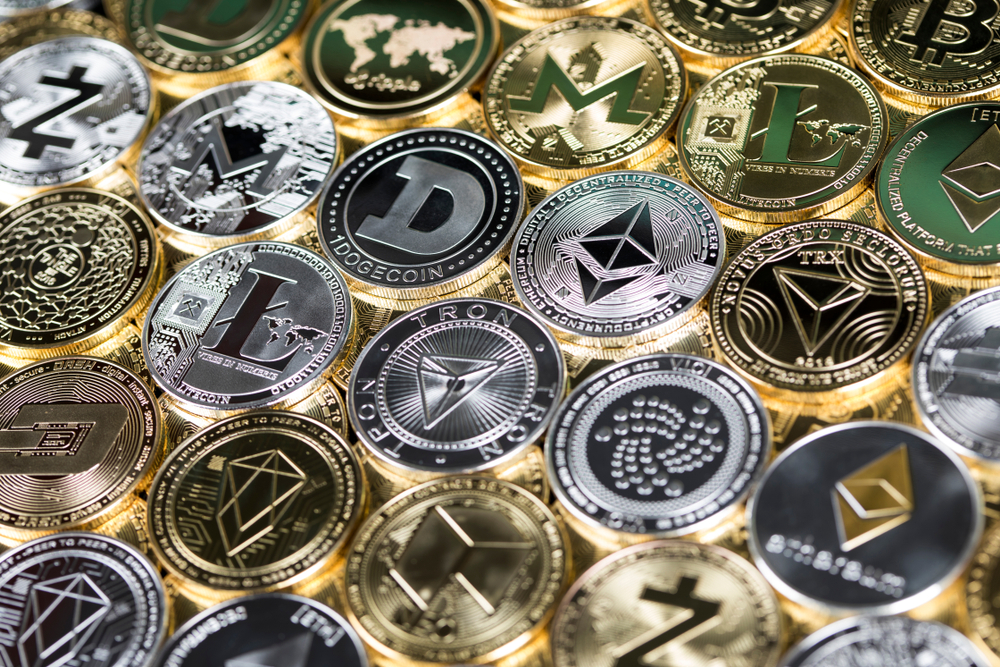From January 1, 2023, an amendment would be made to regulate money transmission in Alaska, including virtual currencies. Companies whose activities are crypto-related must obtain a money transmission license from the state.
According to the law firm Cooley, Alaska amended its regulations on money transmission to include the definition of virtual currency. This definition of virtual currency would include cryptocurrencies like Bitcoin, Ethereum, and other digital assets used for payment or investment purposes.
Once this law becomes effective, any company that plans to engage in activities involving the transmission of virtual currency must obtain a money transmission license. Procuring a money transmission license typically involves meeting specific requirements set by the state, such as demonstrating financial stability and complying with anti-money laundering and consumer protection regulations.
Hence, companies should consult with legal counsel to ensure compliance with applicable laws and regulations.
Under the amended regulations, companies that deal in virtual currencies will be required to obtain a money transmission license from the DBS. This includes companies that engage in activities such as buying or selling virtual currencies, exchanging virtual currencies for fiat currencies, accepting virtual currencies as payment for goods or services, and other virtual currency-related transactions.
Virtual Currency Regulations In Alaska
The inclusion of virtual currency in the money transmission regulations of Alaska is a significant development for the cryptocurrency industry. It demonstrates the growing recognition of virtual currencies as legitimate financial instruments.
Also, it reflects the increasing efforts of state regulators to ensure that companies operating in this space are appropriately licensed and regulated.
One of the significant impacts is the requirement for businesses that engage in money transmission activities involving virtual currency to obtain a licensing application from the Division of Banking and Securities (DBS).
This means that cryptocurrency-related firms will now have to obtain the Alaska money transmission license, even if they had previously obtained an LL Agreement (LLA) from the DBS.
However, the amendment excludes affinity and rewards programs, online gaming, and digital tokens from the definition of virtual currency. It’s worth noting that Alaska is among the few states that currently offer a 0% capital gains tax on investments.
This makes it an attractive place for cryptocurrency investors. However, on-chain data indicates that Alaska ranks only 36th among 50 states in terms of crypto adoption.
